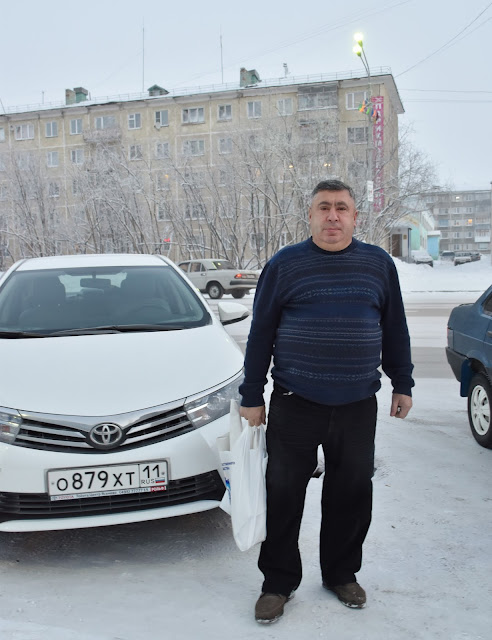During a week-long trip to North Korea a couple of years ago, I took some 3000 pictures. But then on the
border to China, the North Korean border-guard carefully checked all pictures on my camera and erased about two-thirds of them. Fortunately, I had a back-up copy on an USB-stick in my
backpack.

Back home, however, I never really found the time to sort through all of them. Here are some pictures from a trip to the border city of Kaesong, taken from a back-seat of our tour bus. Although we only saw a small part of the country, the pictures offer a least some glimpses at life in the countryside in North Korea.


Back home, however, I never really found the time to sort through all of them. Here are some pictures from a trip to the border city of Kaesong, taken from a back-seat of our tour bus. Although we only saw a small part of the country, the pictures offer a least some glimpses at life in the countryside in North Korea.




















































































